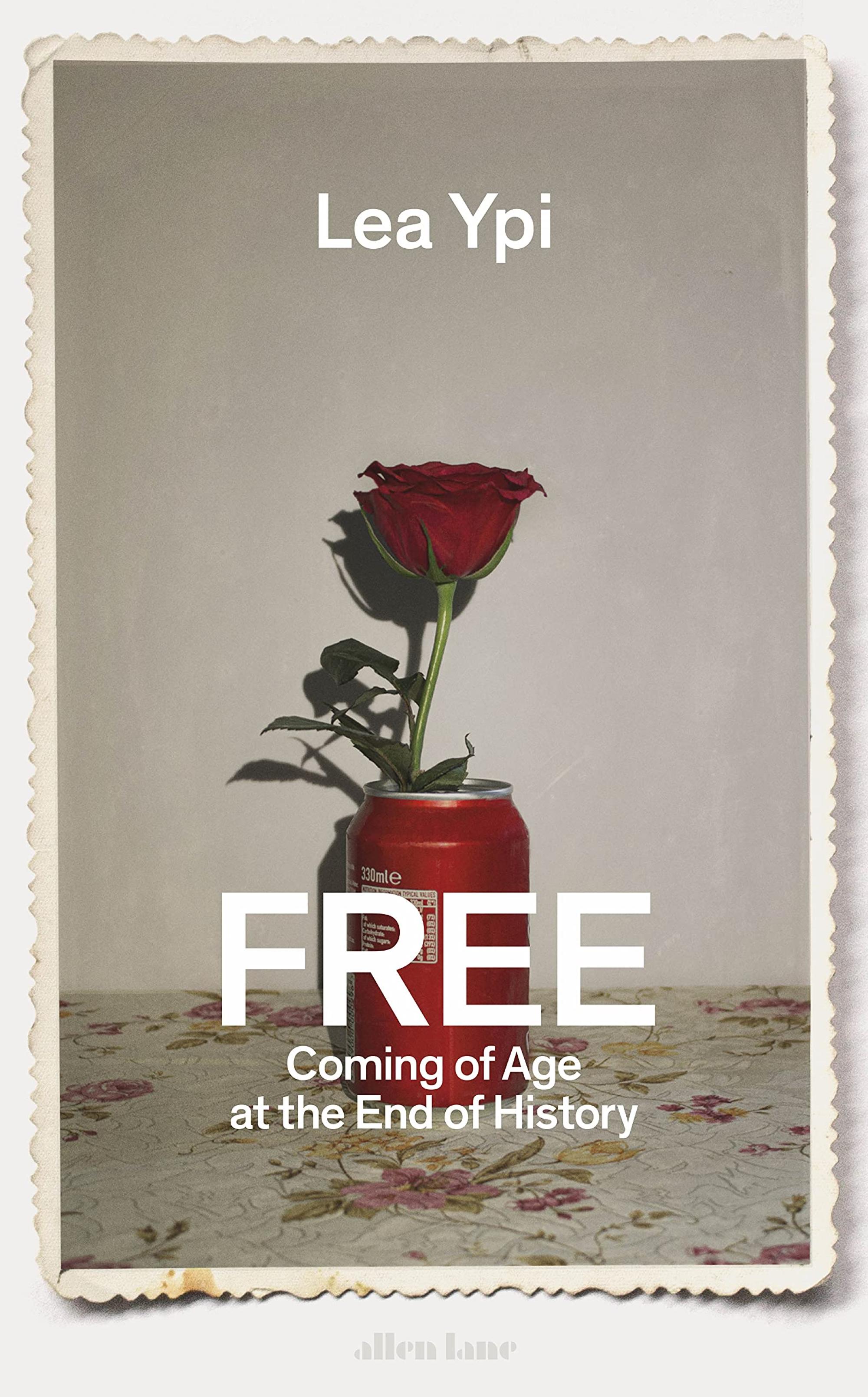Book presentation by Lea Ypi (LSE)
On a windy Tuesday afternoon at the Université Libre de Bruxelles, Lea Ypi talked about her new book: ‘Free: Coming of Age at the End of History’ (2021).

Echoing the spirit of the place and the book, the seminar was appropriately titled Freedom in Transition.
"My mother finds it difficult to understand why I teach and research Marx, why I write essays on the dictatorship of the proletariat […]. Mostly, she keeps her criticisms to herself. Only once did she draw attention to a cousin’s remark that my grandfather did not spend fifteen years locked up in prison so that I would leave Albania to defend socialism. We both laughed awkwardly, then paused and changed the topic. It left me feeling like someone who is involved in a murder as if the mere association with the ideas of a system that destroyed so many lives in my family were enough to make me the person responsible for pulling the trigger. Deep down, I knew this was what she thought. I always wanted to clarify, but didn’t know where to start. I thought that it would take a book to answer” (Epilogue).
Through the literary format, the multiple shades of reflexivity and positionality were liberated with wit, nuance, and profound understanding. How to legitimately be a professor of Marxism at the London School of Economics while the elders in the family and the country at large suffer from the political oppression of the socialist regime in Albania? How to unlearn the lived experiences of Albanian socialism to embrace the “real” Marxism as her western colleagues urged her to? Accumulating the questions together, fundamentally, the writing on freedom was Lea Ypi’s honest attempt to reconcile her multiple identities as a scholar, a citizen, and a family member. In other words, this coming-of-age story was not only an intellectual liberation, but also an act of political freedom, and even more so, a transparent familial explanation of her professional and personal choices.
Freedom in transition captures Lea Ypi’s struggle between the liberalist freedom from her mother, the social democratic freedom from her father, and the moral and inner freedom from her grandmother, the latter being the one she tends to agree with more. Yet, “[m]y world is as far from freedom as the one my parents tried to escape. Both fall short of that ideal. But their failures took distinctive forms, and without being able to understand them, we will remain divided. I wrote my story to explain, to reconcile, and to continue the struggle” (ibid.)
